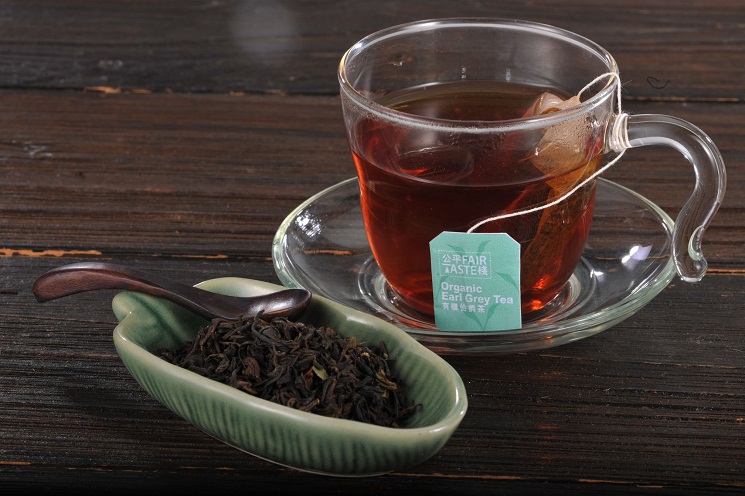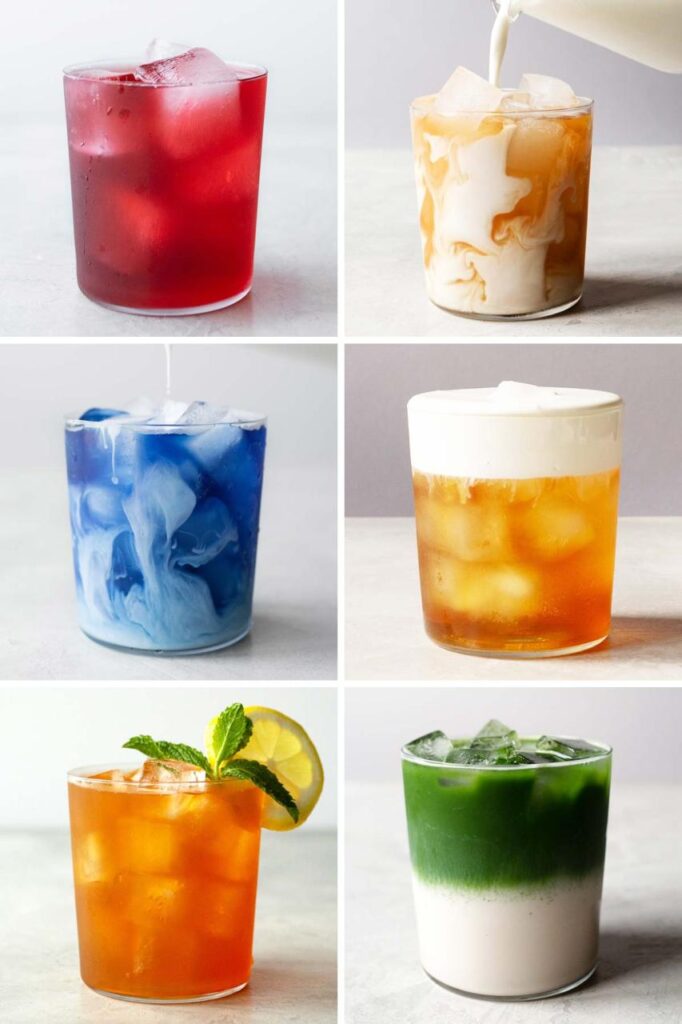
I adore the flavor of Earl Gray tea. The citrusy smell and flavor of the bergamot and the rich, earthy taste of black tea are among my favorite sensory experiences. However, for a period of about two years, I started developing severe side effects every time I drank it. My heart would race, my stomach would cramp, I would sweat excessively, and I would experience dizzy spells. After this happened several times in a row, I concluded that I was allergic to Earl Gray and could not drink the tea.
Then, years later, I was researching the properties of bergamot when I read an interesting medical explanation of its chemistry. According to a 2008 report, the bergamot fruit, which yields the fragrant essential oil responsible for Earl Gray tea’s distinctive flavor, contains a chemical compound known as bergamottin. Bergamottin is chemically very similar to the class of compounds known as furanocoumarins, found in grapefruit. Like the grapefruit, bergamot fruit’s active compounds can interact with many prescription drugs.
When I realized that I had been taking a medication that interacts with grapefruit juice during my episodes of Earl Gray “allergy,” I knew I’d found the answer. Bergamot in Earl Gray tea interacts with many prescription drugs, and I was experiencing the side effects of that drug interaction. As would have happened if I’d consumed grapefruit juice, my body absorbed a much larger than normal dose of my prescription drug, so I essentially experienced an overdose. Now that I no longer take that medication, I can drink Earl Gray tea without any side effects.
According to Katherine Zeratsky, a nutritionist at Mayo Clinic, furanocoumarins in grapefruit accelerate the enzymes that metabolize certain prescription drugs. Because of this, more of the medication enters the bloodstream through the digestive tract. This causes a massive and abrupt increase in the amount of medication in your body, causing drug levels to be double, triple, or even ten times the amount that you were intended to absorb. In some cases, grapefruit has caused people using these medications to have uncomfortable or even life-threatening overdose symptoms. As I found out, the same principle applies to Earl Gray tea and its constituent bergamot.
If you are taking any drug that interacts with grapefruit juice, do not drink Earl Gray tea without getting the go-ahead from your doctor or nutritionist. Common medications that interact with grapefruit juice include sertraline (Zoloft), fexofenadine (Allegra), buspirone (Buspar), carbamazepine (Tegretol), simvastatin (Zocor), lovastatin (Mevacor), atorvastatin (Lipitor), cyclosporine (Neoral, Sandimmune), tacrolimus (Prograf), sirolimus (Rapamune), nifedipine (Procardia), nimodipine (Nimotop), nisoldipine (Sular), saquinavir (Invirase), indinavir (Crixivan), and amiodarone (Cordarone).
For most people, Earl Gray tea is safe and healthy. However, if you’re using a medication, it’s best to check with your doctor about possible drug interactions with Earl Gray tea. Although you’re unlikely to suffer from a severe adverse reaction, it is possible to have very uncomfortable, overdose-like side effects from combining Earl Gray with medications that interact with grapefruit.


